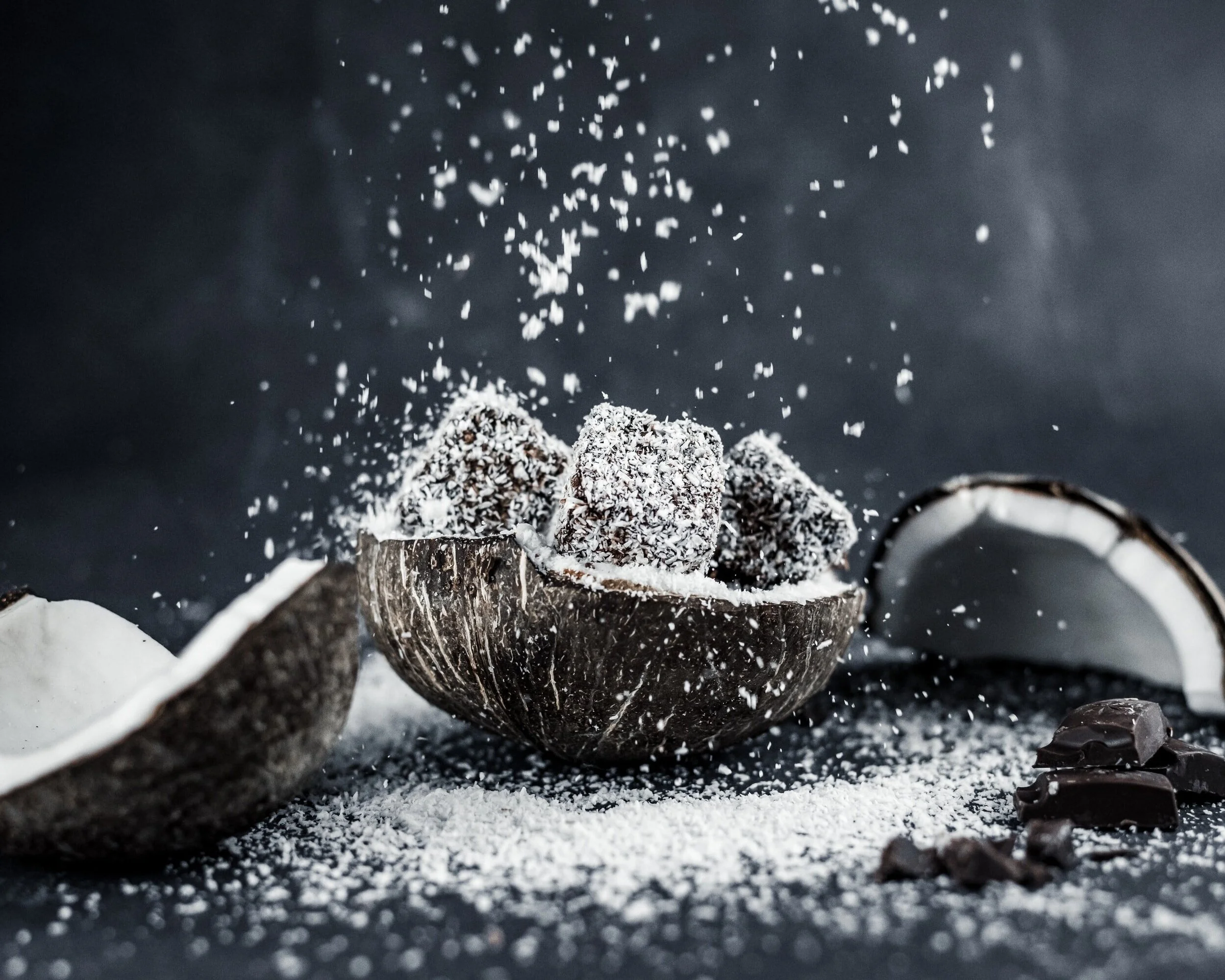5 more very sweet, natural foods
Honey, agave syrup, monk fruit and 5 more very sweet natural foods
Sugar is being replaced for various reasons: to lose weight, to reduce the amount of fast carbohydrates, or because of the need to exclude it from the diet for health reasons. Sugar substitutes differ from sugar in a reduced glycemic index.
Which is better - natural sugar or other sweeteners considered to be its analogues? We have collected information about the sweetest foods, their pros and cons.
Attention! Various foods will help replace sugar, but this does not mean that you can eat them in unlimited quantities. Yes, they are in some way more useful than sugar and they have fewer simple carbohydrates, but a measure is needed in their use.
Sugar
Doctors recommend that adults restrict their sugar intake to six teaspoons a day. At the same time, special attention is paid to syrups, sweets, fruit juices, and industrial baked goods. Many people forget about the "hidden" sugar, which is not obvious, but is present in the composition of foods (not necessarily sweet). Sugar has an undeniable advantage: it is a quick source of energy, and it is also suitable for desserts, is a natural preservative and can enhance the taste of various dishes. But the product lacks nutrients; these are "empty" calories that cause a spike in blood sugar.
2. Coconut sugar
Unlike the usual sugar from beets, coconut goes through fewer processing stages. It is made from the sap of the coconut tree. Such a product stores magnesium, potassium, and sodium, which regulate fluid in the body, as well as antioxidants and vitamin C. Moreover, there is almost 400 times more potassium in coconut sugar than in ordinary sugar. Table sugar has a glycemic index of 65 Gl, while coconut sugar has only 35 Gl.
3. Cane sugar
Brown, cane sugar can be found in most supermarkets. It has a light caramel flavor and a dark color. There is a myth that cane sugar is healthier than beet sugar, but in fact, they are almost identical in nutritional properties. Both are composed of sucrose and are harmful to health when oversupplied in the diet. The only difference is the flavor and texture, which can be important for culinary professionals. For example, cane sugar caramelizes better.
4. Erythritol
Erythritol, aka Sugar Alcohol, is not as sweet as sugar - about 70% of the taste we are used to. Erythritol is found in melons, grapes, pears, and soy sauce. It is often called "melon sugar". It is a low-calorie sweetener with only 0.24 kcal per gram (compared to 2.4 in table sugar) It is produced by fermenting glucose with yeast. Unlike sugars, alcohol cannot serve as food for bacteria and protects teeth from tooth decay. Erythritol is not toxic, but it can cause gastrointestinal problems: it is not absorbed in the stomach and enters the intestines, causing fermentation.
5. Stevia
Stevia - The plant, native to Brazil and Paraguay, has been used to sweeten drinks since the 16th century. Stevia is a healthy alternative to sugar and is 200-300 times sweeter. The product contains glycosides - sweet components isolated and purified from stevia leaves. Studies have shown that some of these substances help the circulatory system and lower blood pressure. Stevia is recognized as a safe food, but it can sometimes contain small amounts of sugar alcohol, so the sweetener should be used with caution if you have stomach problems.
6. Monk Fruit (Arhat)
Monk Fruit is a perennial herbaceous vine of the pumpkin family, originating from southern China and northern Thailand. The fruit was first mentioned in the 13th century in the records of Chinese monks who lived in the Guangxi area. An arhat in Buddhism is a monk who has attained enlightenment. Another name for the fruit is la han qua (from the Vietnamese la hán quả), that is, the fruit of the Buddha, or the fruit of longevity.
Monk Fruit is sweeter than sugar and contains the unique antioxidants mogrosides. Scientists show that they help with pain relief and maintaining stable blood sugar levels. The sweet syrup is obtained from the fruit of a perennial herbaceous vine.
According to Chinese scientists, the Monk Fruit can slow down human aging. The results of their research are published in The American Journal of Chinese Medicine.
7. Agave syrup
Traditionally, agave has been thought to have medicinal properties. The sap of the plant was boiled to make a sweetener known as agave milk. But mostly agave is grown for tequila production. The plant sap contains a lot of sugar and healthy fibers - fructans - that have a beneficial effect on digestion, metabolism, and insulin levels. It is important that agave syrup contains 85% fructose, much more than sugar, so its frequent use can lead to excess weight and liver problems.
8. Honey
Honey is a product produced by bees, it is unique and can be used not only for food. With its help, wounds heal, skin is moisturized, and insomnia can be reduced. Quality honey contains many important antioxidants. These include organic acids and phenolic compounds such as flavonoids. The product is very nutritious: one tablespoon (21 g) contains 64 kcal, fructose, glucose, maltose, and sucrose. The disadvantage of honey is considered its high allergenicity, so the product should be given with caution to young children, especially up to a year: this can cause the development of botulism. Please note that it cannot be refrigerated.

















